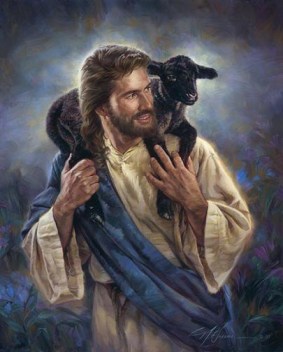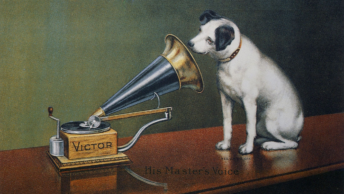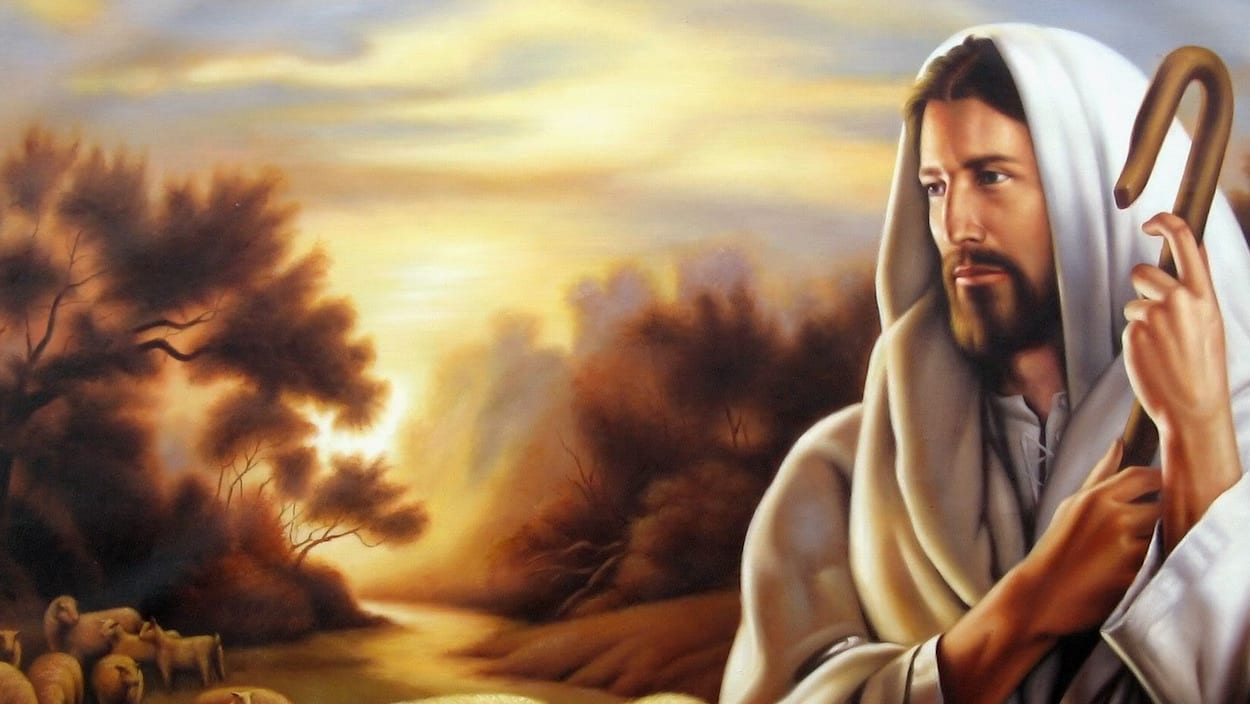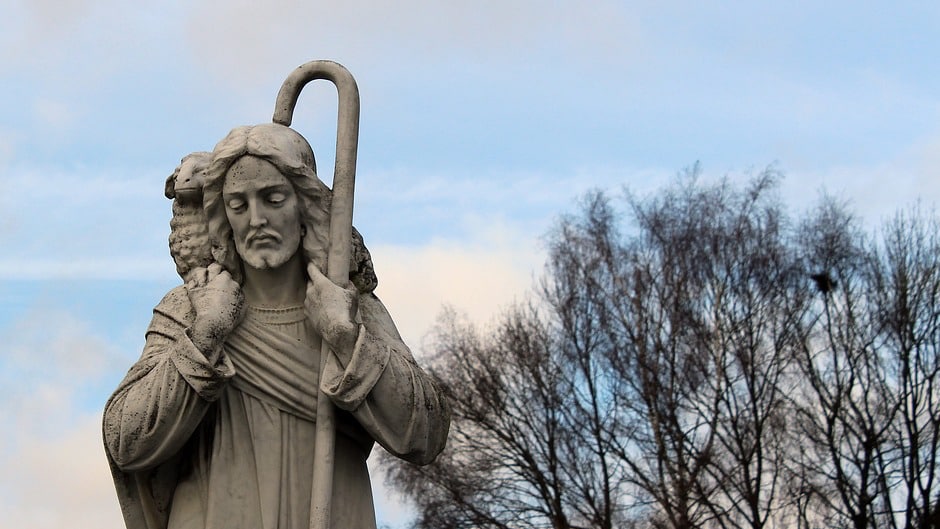 This week the Church celebrates Good Shepherd Sunday. In an agrarian society such as first century Palestine, the image of the shepherd was immediately recognizable by Jesus’ disciples. For those of us in twenty-first century America, the image may lose something in translation. Indeed for most of the Church’s history, the images used by Jesus to explain God’s word were easily understood by those who heard or read the Scriptures. However, since the Industrial Revolution of the mid-nineteenth century images taken from a farming way of life are becoming antiquated and quaint.
This week the Church celebrates Good Shepherd Sunday. In an agrarian society such as first century Palestine, the image of the shepherd was immediately recognizable by Jesus’ disciples. For those of us in twenty-first century America, the image may lose something in translation. Indeed for most of the Church’s history, the images used by Jesus to explain God’s word were easily understood by those who heard or read the Scriptures. However, since the Industrial Revolution of the mid-nineteenth century images taken from a farming way of life are becoming antiquated and quaint.
What exactly did a shepherd do? He (or she) was the guide for the flock of sheep. The shepherd took care of the sheep as if they were his (her) own. The shepherd led the sheep to good grazing land and fresh water. The shepherd served as veterinarian healing them from illness, mending broken bones and cuts, and assisted with the birthing of the new lambs. Sheep were protected from wild animals and robbers because of the shepherd’s vigilance and ability to fight. Moreover, the shepherd accounted for the sheep and sought out those who had become lost or gone astray. In many ways, the shepherd became as God to the sheep. So it is no wonder that Jesus used this imagery to describe the relationship between human beings and God. Just as the shepherd gently guides the sheep, so too does God urge us onto a better pasture or way of life. Just as the shepherd allows the sheep to graze and go where they will, so too does God invite us to use our free will and intellect. The sheep are free to stray away from the flock, just as humans are allowed to stray from God’s commands. But as the shepherd goes after the lost sheep, so does God invite us to conversion and reconciliation.
As we continue in our celebration of the Easter season, may each of us learn to heed the voice of the Good Shepherd and never fail to follow the Lord. When we find ourselves going astray, we pray that we may be attentive to the voice of the Shepherd who calls us back into relationship with God.







